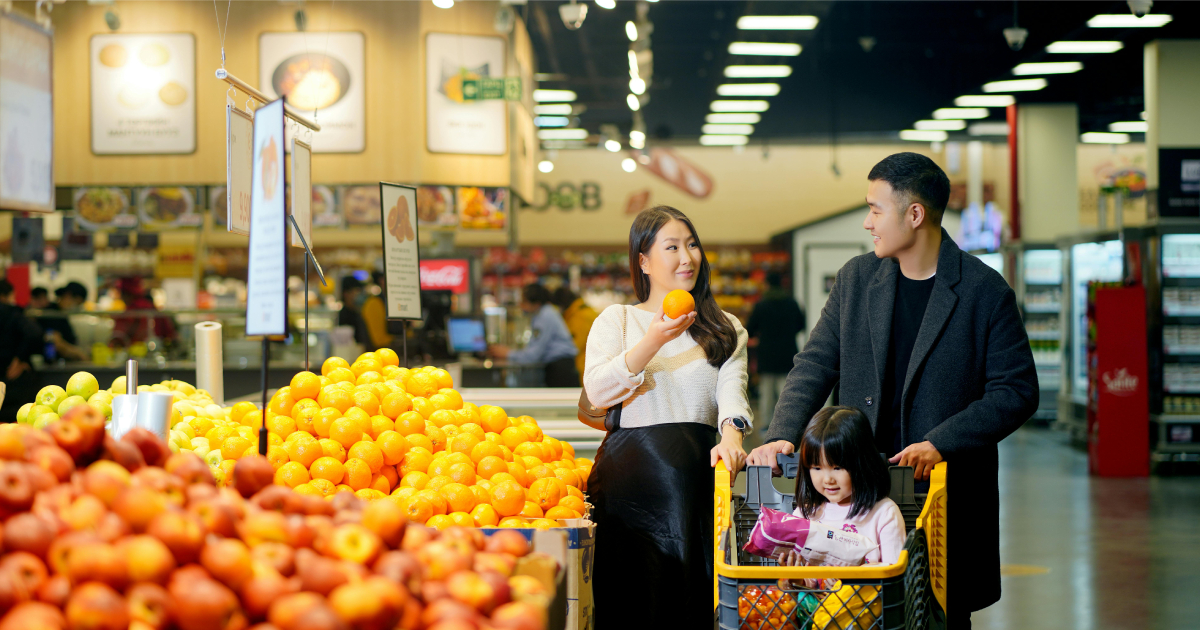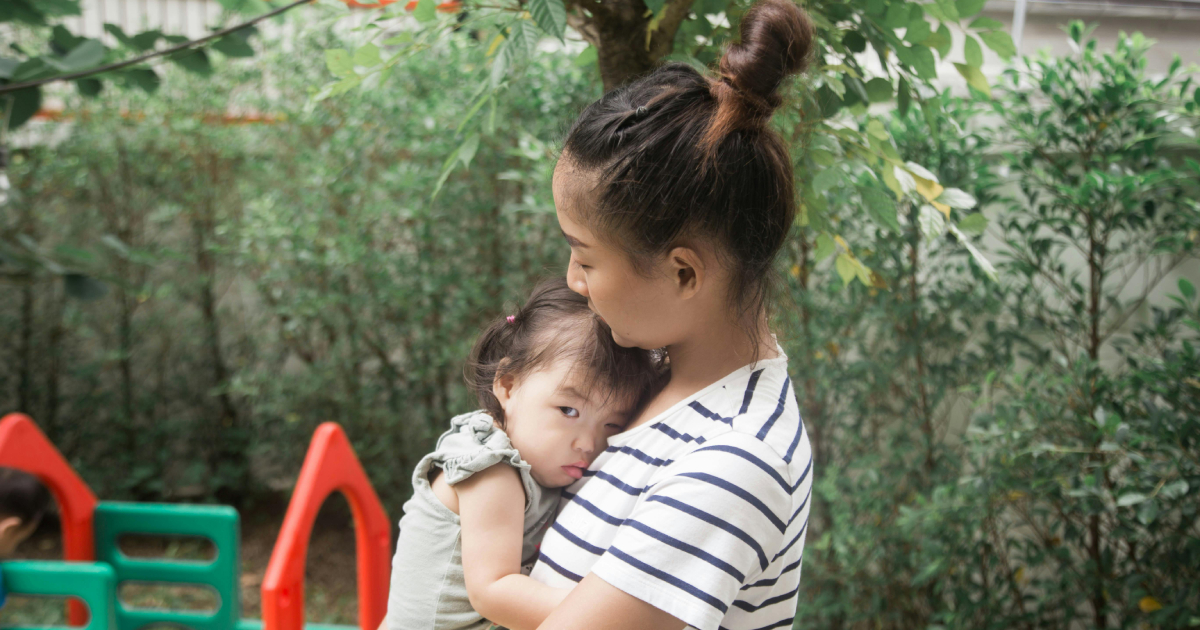Co-parenting tips for newly divorced parents
Divorce brings big changes, especially when children are involved, and establishing a healthy co-parenting relationship is key to ensuring stability and support for your kids during this transition.
For newly divorced parents, navigating co-parenting can feel challenging as you adjust to new routines, communication styles, and boundaries with your ex.
However, by focusing on the well-being of your children and committing to respectful collaboration, you can build a co-parenting partnership that provides consistency and comfort for them.
This guide offers practical tips to help newly divorced parents work together, manage emotions, and create a positive environment that prioritises what matters most: your children's happiness and security.
Benefits of positive co-parenting
Creating a positive co-parenting relationship doesn't just ease communication between parents; it also brings essential benefits to children's emotional and psychological well-being. When both parents work together harmoniously, children feel secure and supported, even amidst family changes.
Here are some key benefits of fostering a positive co-parenting environment:
1. Emotional stability for children
Positive co-parenting reduces stress and anxiety in children by providing a stable environment where they know both parents are united in supporting them. This stability helps children feel safe, despite the changes brought on by divorce or separation.
2. Consistency in values and routines
When co-parents align on basic values, rules, and routines, children experience consistency, which supports their development. This unified approach teaches kids healthy boundaries and allows them to understand expectations across both households, leading to fewer behavioural issues and better emotional regulation.
3. Improved self-esteem in children
When children see their parents cooperating and respecting each other, it boosts their self-esteem and self-worth. Positive co-parenting reassures children that they are loved unconditionally by both parents, contributing to a more confident, resilient outlook on life.
4. Fewer conflicts and healthier role models
By minimising conflict and managing disagreements privately, co-parents provide a peaceful environment for their children. This approach also sets a strong example of problem-solving and respectful communication, which children will likely carry into their own relationships as they grow.
5. Easier adjustment to changes
A cooperative co-parenting relationship helps children adapt more easily to new routines, family dynamics, and any future changes.
Positive co-parenting creates a solid foundation, making it easier for children to feel comfortable with new family structures, such as blended families or changes in household arrangements.

Co-parenting tips
Creating a stable co-parenting relationship after divorce is essential to provide children with a supportive, consistent environment. These are some of the effective strategies to help newly divorced parents navigate co-parenting and focus on the well-being of their children.
1. Establish a clear co-parenting plan
A well-structured co-parenting plan is the foundation of a successful partnership. By defining schedules, decision-making responsibilities, and communication methods upfront, you reduce misunderstandings and create a sense of stability.
Tips:
- Outline schedules: Determine when each parent will spend time with the children, including weekdays, weekends, holidays, and vacations.
- Decision-making: Agree on how you'll handle important decisions regarding education, healthcare, and extracurricular activities.
- Flexibility: While it's essential to stick to a plan, remain open to adjustments based on the needs of your children.
2. Communicate respectfully and effectively
Clear, respectful communication is crucial for co-parents. Keeping conversations child-focused and managing emotions helps prevent conflicts and ensures smoother interactions.
Tips:
- Stay professional: Approach communication as you would with a colleague; keep it calm and respectful.
- Choose the right method: Use texts, emails, or co-parenting apps for organisation and to reduce face-to-face conflict.
- Focus on the child's needs: Make your children the priority in every discussion to keep emotions in check and stay on track.
3. Maintain consistent routines and rules
Children feel more secure with consistent routines and expectations. Aligning household rules as much as possible provides stability and helps them transition smoothly between homes.
Tips:
- Align discipline approaches: While there may be some differences, agreeing on key rules (like bedtimes and screen limits) helps prevent confusion.
- Stick to routines: Maintain regular routines for meals, bedtimes, and schoolwork to give children structure.
- Respect each other's boundaries: While consistency is essential, remember to respect each parent's unique household environment.

4. Focus on your child's well-being
Divorce is a significant transition for children. By prioritising their emotional needs and listening to their concerns, you can help them adapt to the changes in a positive way.
Tips:
- Encourage open communication: Let your children express their feelings about the divorce, and provide reassurance.
- Avoid putting them in the middle: Don't use them as messengers or ask them to take sides, as this can create stress and confusion.
- Reassure them regularly: Remind your children that they are loved and that both parents are there to support them, no matter the circumstances.
5. Set healthy boundaries with your co-parent
To keep the co-parenting relationship productive, it's essential to set boundaries that allow you to move forward without lingering personal issues.
Tips:
- Define communication limits: Stick to conversations about your child's needs, avoiding unrelated topics or past conflicts.
- Respect personal space: Avoid overstepping into each other's personal lives, as it can create unnecessary tension.
- Be clear about expectations: Communicate what each of you is comfortable with, whether it's visitation times or involvement in extracurricular activities.
6. Use technology to streamline co-parenting
Many co-parenting apps are designed to help with scheduling, sharing updates, and managing expenses, making co-parenting more organised and reducing potential conflicts.
Tips:
- Explore co-parenting apps: Tools like OurFamilyWizard and Cozi allow you to share calendars, track expenses, and communicate more easily.
- Stick to shared platforms: Using one platform for all co-parenting information prevents miscommunication and keeps everyone updated.
- Set reminders: Automated reminders for events and appointments help ensure both parents are aligned on their child's activities.
7. Resolve conflicts peacefully
Disagreements are natural, but handling them calmly and privately can set a positive example for your children and maintain a healthy co-parenting relationship.
Tips:
- Stay focused on solutions: When disagreements arise, aim for a solution that benefits your child instead of dwelling on past issues.
- Seek mediation if needed: If conflicts become challenging, consider working with a mediator to facilitate productive discussions.
- Practise patience: Building a stable co-parenting relationship takes time, so approach each conflict with patience and a problem-solving mindset.

8. Prioritise self-care to support your role as a parent
Managing stress after a divorce is essential to staying emotionally available for your child. By taking care of yourself, you'll be better equipped to navigate co-parenting effectively.
Tips:
- Establish a support network: Reach out to friends, family, or support groups who understand your experience.
- Take time for self-care: Regularly engage in activities that relax and recharge you, such as exercise, hobbies, or reading.
- Consider professional support: Therapy or counselling can be beneficial in helping you process emotions and find positive coping strategies.
9. Encourage a positive relationship with the other parent
Supporting your child's relationship with their other parent is vital to their emotional well-being and overall adjustment to the new family dynamic.
Tips:
- Speak positively: Avoid speaking negatively about your co-parent in front of your children to prevent unnecessary stress.
- Encourage regular contact: Help foster your child's relationship with the other parent by supporting scheduled visits and phone calls.
- Celebrate shared moments: Allow your child to talk about their experiences with the other parent, showing that you value their happiness.
These co-parenting tips offer newly divorced parents a practical approach to fostering a cooperative, respectful partnership that benefits the entire family.
By focusing on open communication, consistency, and your child's needs, you can create a stable and supportive environment, helping everyone adjust to the new chapter positively.
[[nid:708280]]




